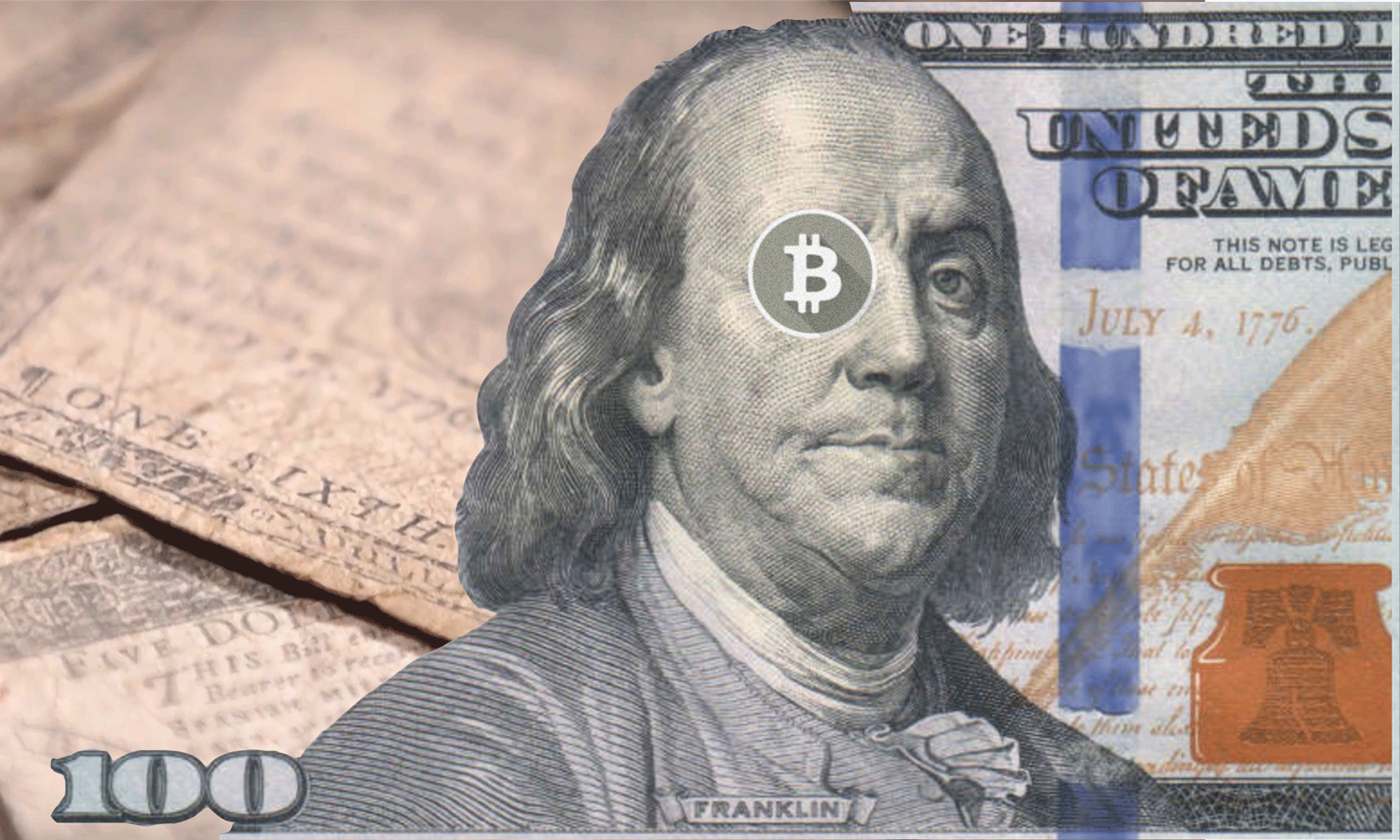
Cryptography & The Founding Fathers
Today (January 17th) is Benjamin Franklin's birthday. One of the founding fathers of the United States, Franklin was a world renowned polymath who's invention and entrepreneurial spirit carved the way for American independence in the late 1700's and industrial era innovation into the 1800's. He is one of the most recognized faces in the Fiat world, but if he were around today... I suspect Franklin wouldn't just be all about the Benjamins, he'd be all about the Bitcoins too.
The Founding Fathers of the United States were deeply into the world of cryptography. You don't hear about it very often, but Thomas Jefferson was especially obsessed with creating maze-like ciphers and cryptic letters to hold secrets about everything from love interests to the Louisiana Purchase. The Revolutionary War was said to have been coordinated through dozens of secret languages used by the Father's themselves; George Washington, Benjamin Franklin, Alexander Hamilton, John Adams, John Jay, and James Madison.1
So to learn more about America's cryptographic legacy, let's dive into a bit of 17th and 18th century context...
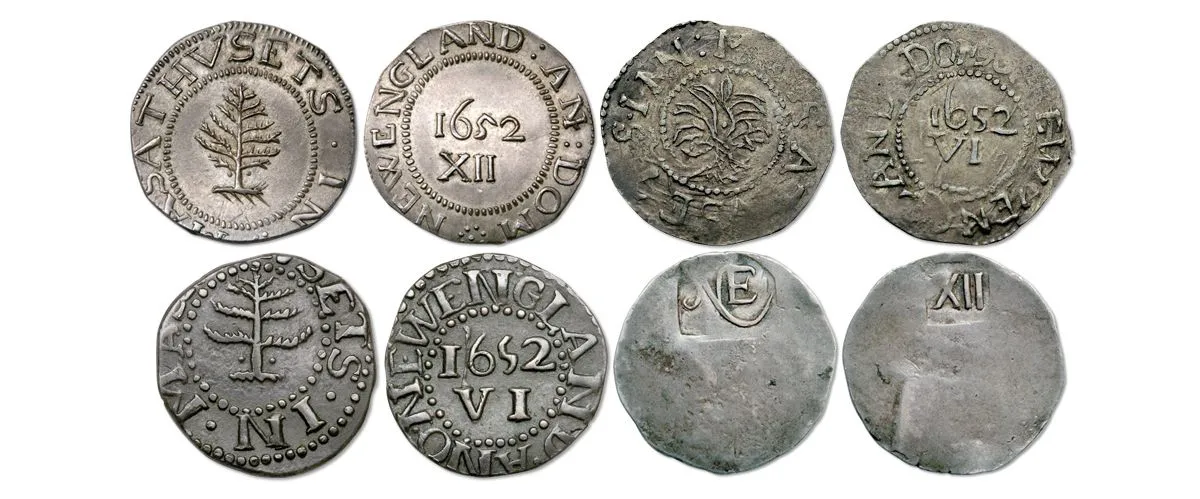
The First Alt-Coins?
In the late 1600's American Colonies were expanding quickly, but struggled to cultivate their own unique local economies. Each region had commodities to trade and infrastructure to trade those goods on. But loyalty to the British Crown came with some logistical hangups. As trade matured in the Americas it became increasingly difficult to use British money in the Colonies (largely because it was difficult to come by). This prompted the development of local coins. Colonies created their own and used them as metrics for trade and to connect with their neighbors. (Here are some examples from New England, above.2)
However, problems arose (along with British eyebrows). Counterfeit coins and faux paper contracts spread like wildfire. Scammy currencies began to overwhelm the Colonies and created confusion when local tinder was meant to provide clarity. Help was on the way though. Benjamin Franklin was busy behind the scenes in Philadelphia securing his own contracts to print local paper money.
At the time, paper money wasn't taken very seriously. Paper wasn't worth its weight in gold, silver or copper. It was just simply a paper contract. Even further, paper could be forged easier than metal coins. But the colonies needed new options and were willing to explore new ideas that were cheaper to produce, faster to move, and more secure to hold onto.
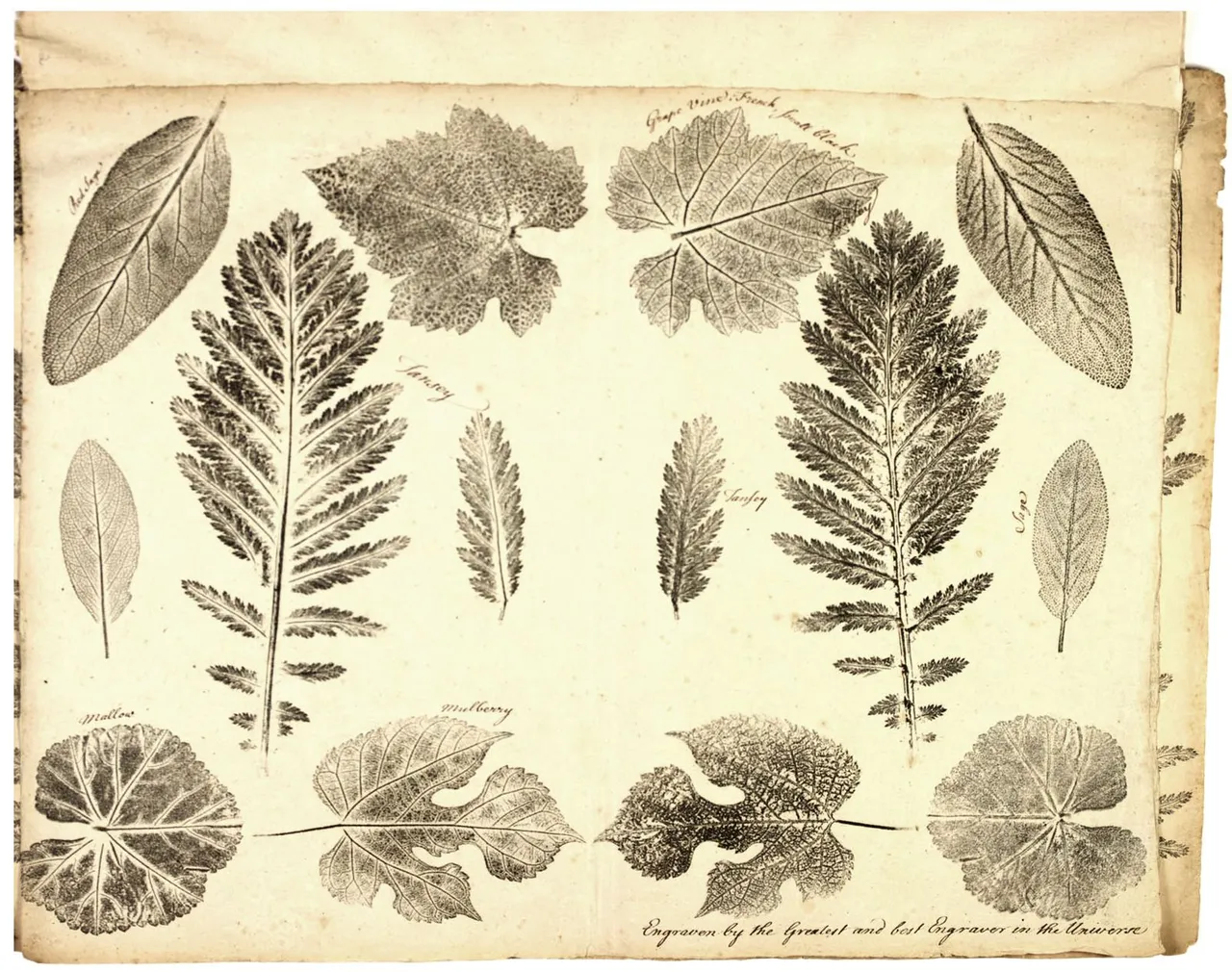
Life, Liberty and Leaf Prints
In an effort to combat fraudulent money, Franklin came up with an artful and ingenious solution. In 1729, Franklin created a series of paper Shillings that carried unique signatures of Philadelphian plant species. His good friend, Joseph Breintnall happened to be a Philadelphian botanist. Breintnall was renowned for cataloguing local flora through rigorously detailed printmaking. His ink signatures were each one of a kind. Each plant species carried a local fingerprint that was unmistakable. Franklin saw an opportunity to use these plant prints as an anti-counterfeiting measure.3
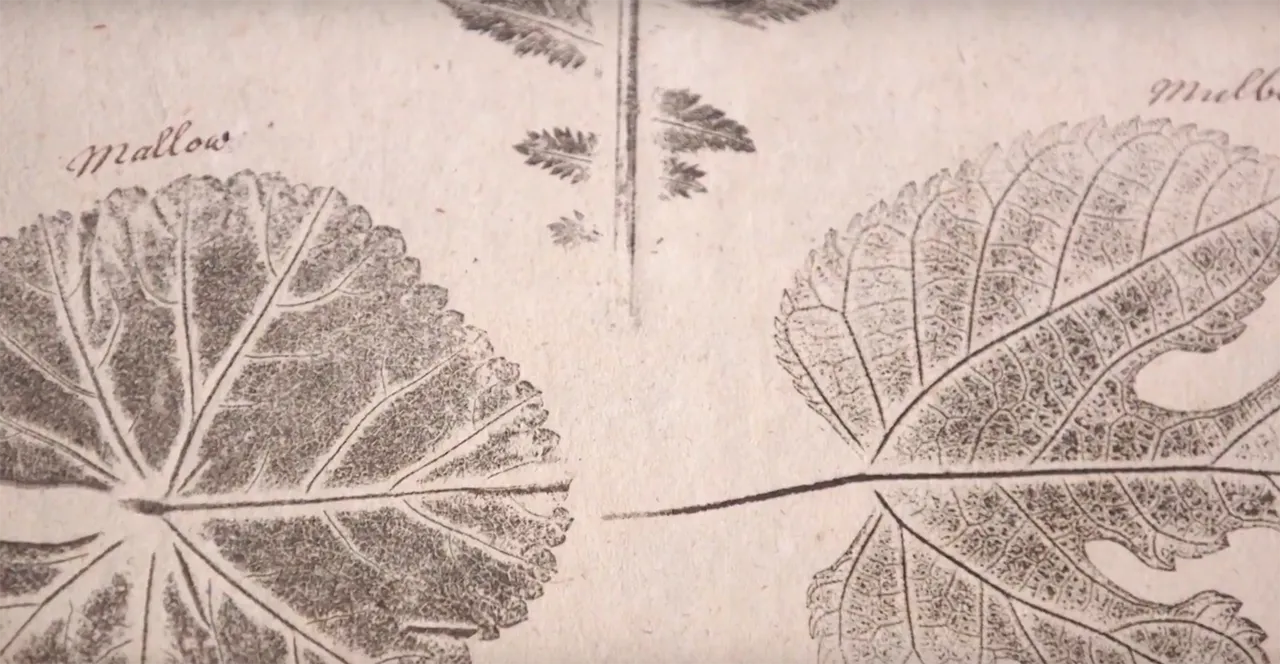
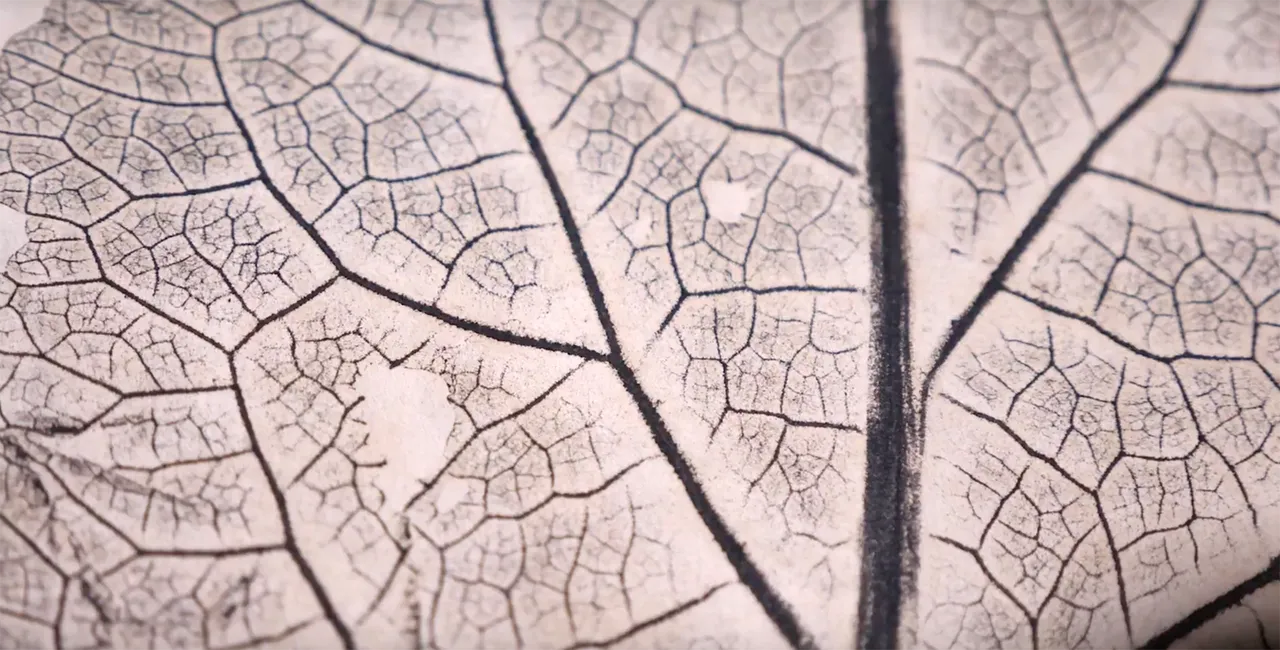
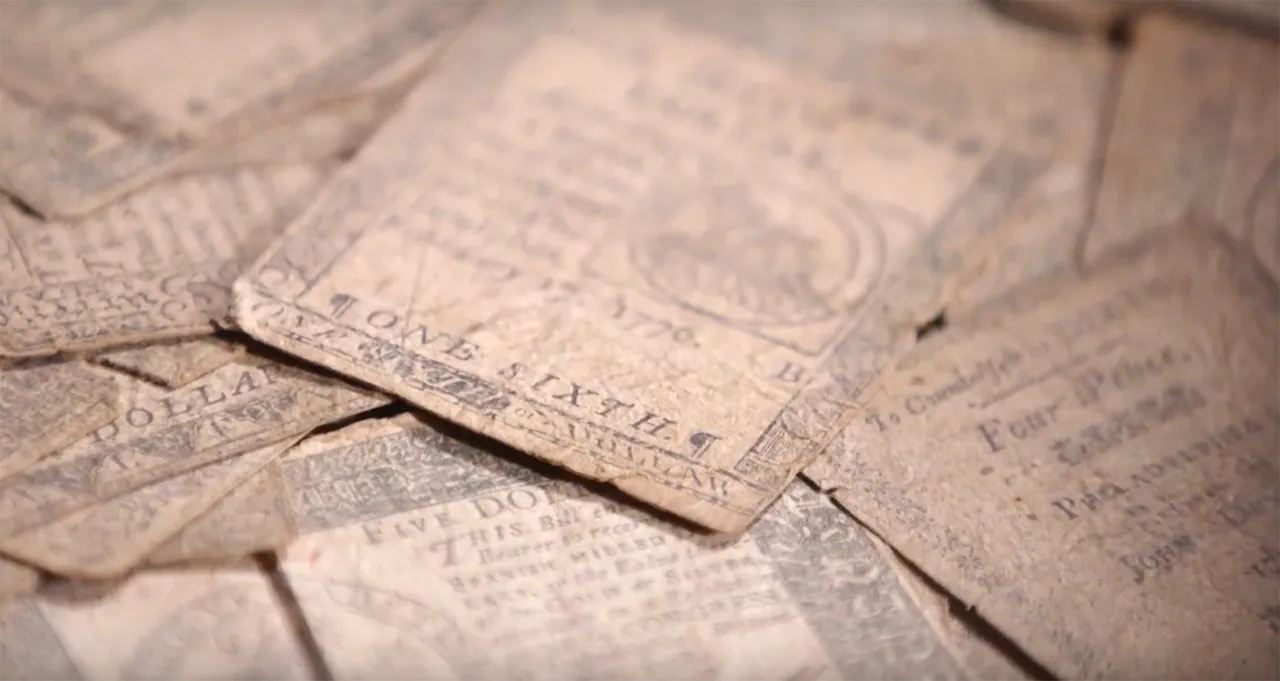
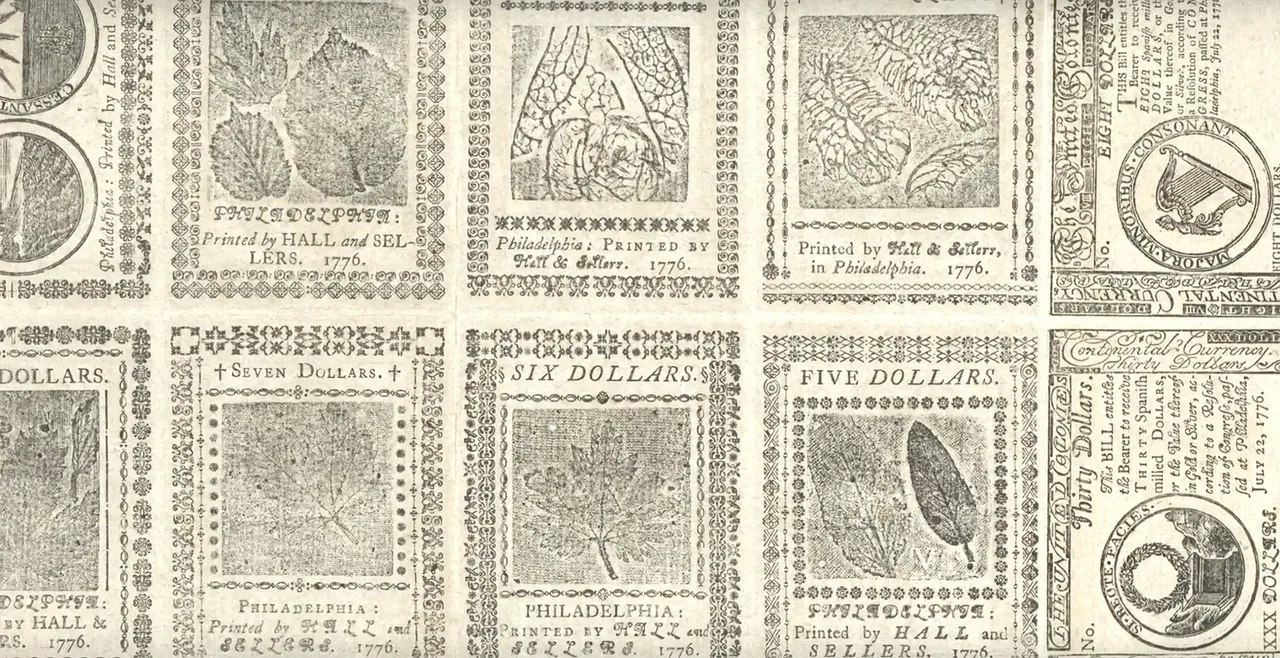
Smart Contracts + A Declaration of Independence
In 1776, America declared its independence from British rule. The 13 Colonies merged and Franklin's paper money became a catalyst for secure Fiat across the now United States.
Benjamin Franklin would have turned 312 years old today. In celebration of his birthday, this article took aim at his past in order to see what might resonate today. There are some surprising overlaps between the birth of fiat currency, and today, with the birth of cryptocurrency. We're all witnessing (and taking part) in an important window of history. Like the birth of fiat, crypto isn't just about money, it's a manifestation of networks breaking down and new ones being built up.
Money is a token of trust within networks. For the American Colonies, it served as a catalyst for the growth of a new world and independence from an old one. Today, history is repeating itself. If Franklin were alive, he would surely have fought, not just for free and fair economic independence, but also for a smarter way to empower the future.
If you’re interested in learning more about Breintnall and the story behind Franklin’s paper money - make sure to watch this short film by Articulate (below) shared on January 16, 2018. The film features Steemit’s very own @kenfinkel :
1. “The Founding Fathers Encrypted Secret Messages, Too" by Rachel Doyle, March 30, 2017.
2. “America's First Coinage"
3. “Joseph Breintnall Leaves Turned to Green" by Articulate, January 16, 2018.

